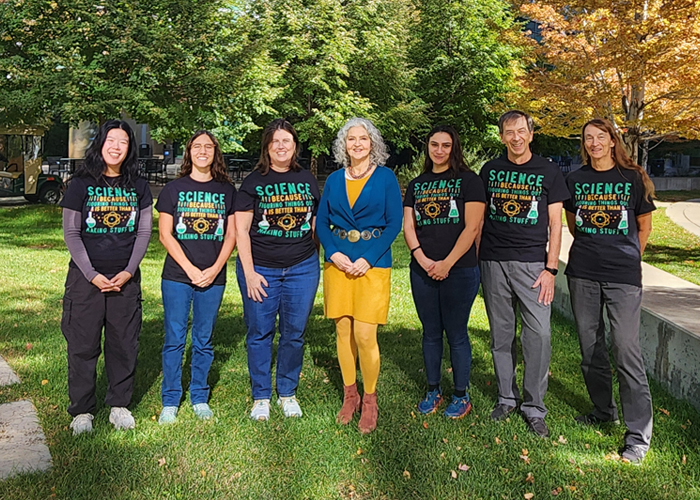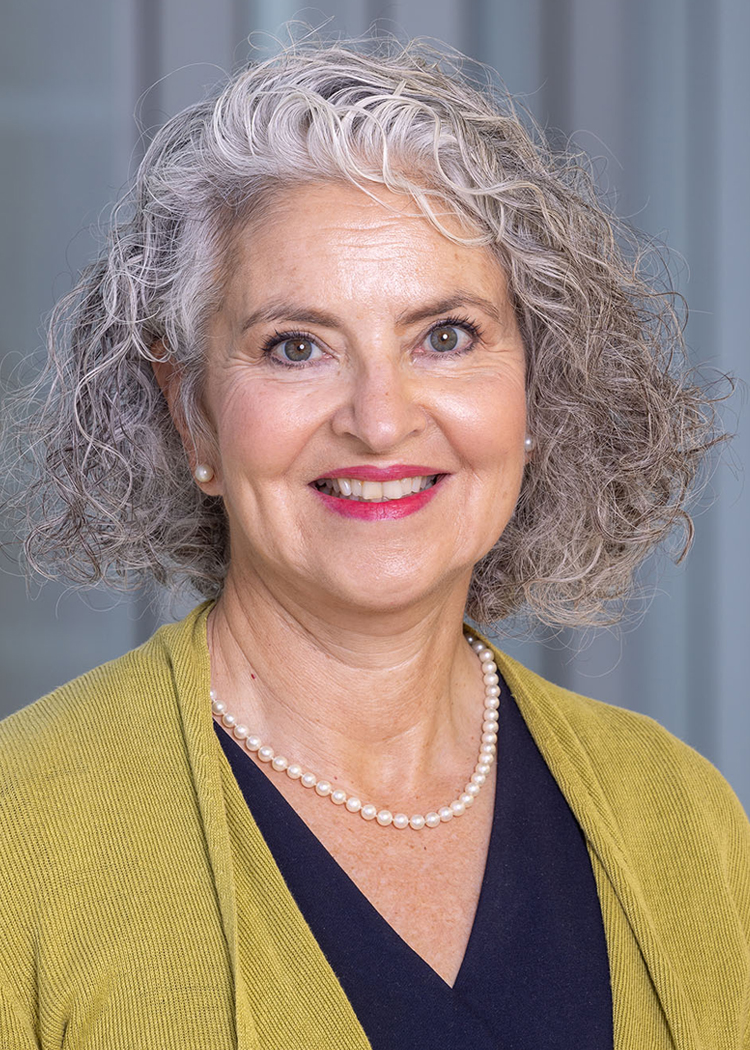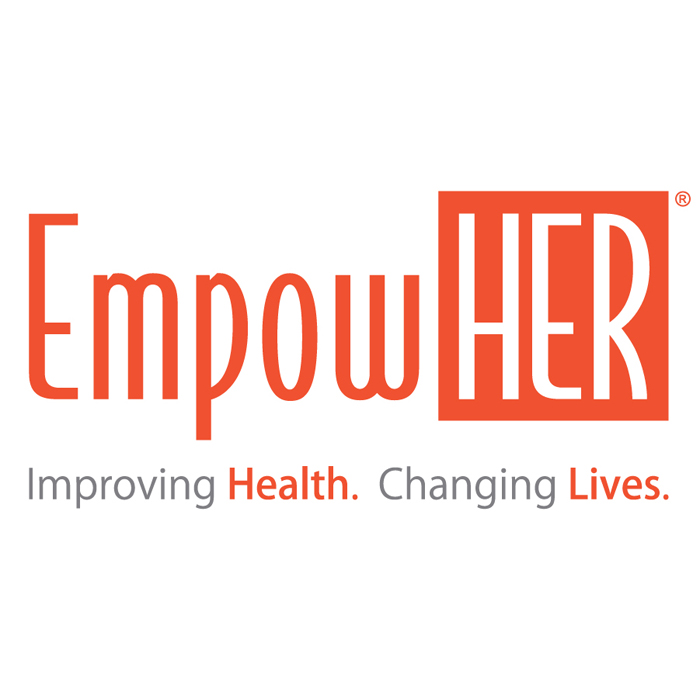CU Anschutz Santoro Lab
Focusing on the reproductive endocrinology of ovarian failure, menopause/perimenopause, and the effects of obesity on reproduction.
Dr. Nanette Santoro has over 25 years’ experience as a funded clinical and epidemiological researcher. Her work has focused on the reproductive endocrinology of ovarian failure, menopause and perimenopause, and more recently on the effects of obesity on reproduction in women, through studies such as the Study of Women’s Health Across the Nation (SWAN), the Women’s Health Initiative, the Kronos Early Estrogen Prevention Study, and the MSHIV Study, an epidemiological study of HIV infected, menopausal women in the Bronx. She is the author of over 200 scientific publications and is a co-editor of the Textbook of Perimenopausal Gynecology, Amenorrhea: A Clinician’s Guide, and Primary Ovarian Insufficiency.
President-Elect, Society for Reproductive Investigation (2019-present)
Election to National Academy of Medicine (2018)
President Nominee, Society for Reproductive Investigation (2018)
Treasurer, American Association of Obstetrician and Gynecologists’ Foundation (AAOGF) (2012-2017)
Endocrine Society Outstanding Mentor Award (2016)
Society for Women’s Health Research Award for Outstanding Achievement in Women’s Health Research (2015)
Mentor of the Year, Albert Einstein College of Medicine’s Clinical Research Training Program (2006)
North American Menopause Society Award for Research in the Perimenopause (2005)
5280 Magazine, Castle Connelly, US News & World Report, and New York, New Jersey and Westchester Magazine: Top Doctor
Perimenopause and Menopause
In 1993, my laboratory’s discovery that women undergo extremes of hormonal fluctuations, rather than a gradual loss of estrogen and progesterone as they enter menopause, informed subsequent research into the pathophysiology and symptomatology of the menopausal transition. My pioneering use of long-term, daily urinary hormone monitoring to examine reproductive hormone dynamics expanded to a major sub-study of SWAN, the Study of Women’s Health Across the Nation. This multi- center longitudinal cohort study is now entering its 20th year. I am a past PI of the Bronx site for the Kronos Early Estrogen Prevention Study (KEEPS) and just published the paper on symptom improvement in the women in KEEPS as first author.
- Harman SM, Black DM, Naftolin F, Brinton EA, Budoff MJ, Cedars MI, Hopkins PN, Lobo RA, Manson JE, Merriam GR, Miller VM, Neal-Perry G, Santoro N, Taylor HS, Vittinghoff E, Yan M, Hodis HN. Arterial imaging outcomes and cardiovascular risk factors in recently menopausal women: a randomized trial. Ann Int Med 2014; 161:249-60. PMID: 25069991 (no PMCID)
- Santoro N, Allshouse A, Neal-Perry G, Pal L, Lobo RA, Naftolin F, Black DM, Brinton EA, Budoff MJ, Cedars MI, Dowling NM, Dunn M, Gleason CE, Hodis HN, Isaac B, Magnani M, Manson JE, Miller VM, Taylor HS, Wharton W, Wolff E, Zepeda V, Harman SM. Longitudinal changes in menopausal symptoms comparing women randomized to low-dose oral conjugated estrogens or transdermal estradiol plus micronized progesterone versus placebo: the Kronos Early Estrogen Prevention Study. Menopause 2016; 24: 238-246. PMID 27779568 PMCID PMC5323337
- Wooding KM, Hankin JA, Johnson CA, Chosich JD, Baek SW, Bradford AP, Murphy RC, Santoro N. Measurement of estradiol, estrone, and testosterone in postmenopausal human serum by isotope dilution liquid chromatography tandem mass spectrometry without derivitization. Steroids 2015; 96: 89-94. PMCID 4366052
- Allshouse A, Pavlovic J, Santoro N. Menstrual cycle hormone changes associated with reproductive aging and how they may relate to symptoms. Obstet Gynecol Clin North Am 2018; 45: 613-628 PMID 30401546
Clinical Trials in Reproductive Medicine
From 2008-2020, I have Chaired the Steering Committee for the Reproductive Medicine Network and have led the Network to its most productive funding cycle by far, increasing its publications from a mean of 2-3 per prior funding period to almost 30 and clinical trial completion from 1 per cycle to 4 per cycle, the first of which has resulted in several high-impact publications that have changed clinical practice. I am currently a site PI for the NIH funded CONFIRM Consortium, and will be examining the effectiveness of gonadotropin-releasing hormone antagonist pre-treatment prior to IVF in women with endometriosis, the PREGnant Trial.
- Legro RS, B rzyski RG, Diamond MP, Coutifaris C, Schlaff WD, Casson P, Christman GM, Huang H, Yan Q, Alvero R, Haisenleder DJ, Barnhart KT, Bates GW, Usadi R, Lucidi S, Baker V, Trussell JC, Krawetz SA, Snyder P, Ohl D, Santoro N, Eisenberg E, Zhang H. Letrozole versus clomiphene for infertility in the polycystic ovary syndrome. NICHD Reproductive Medicine Network. New Engl J Med 2014; 37:119-29. PMCID: PMC4175743
- Diamond MP, Legro RS, Coutifaris C, Alvero R, Robinson RD, Casson P, Christman GM, Ager J, Huang H, Hansen KR, Baker V, Usadi R, Seungdamrong A, Bates GW, Rosen RM, Haisenleder D, Krawetz SA, Barnhart K, Trussell JC, Ohl D, Jin Y, Santoro N, Eisenberg E, Zhang H; NICHD Reproductive Medicine Network. Letrozole, gonadotropin, or clomiphene for unexplained infertility. New Eng J Med 2015; 373: 1230-40. PMCID: PMC4739644
Obesity
In 2004, my laboratory’s demonstration that female obesity causes a relative hypogonadotropic hypogonadism elucidated heretofore unappreciated pituitary dysfunction in obesity, findings that may influence the earliest events in pregnancy through the menopause transition.
- Jain A, Polotsky AJ, Rochester D, Berga SL, Loucks T, Zeitlian G, Gibbs K, Polotsky HN, Feng S, Isaac B, Santoro N. Pulsatile luteinizing hormone amplitude and progesterone metabolite excretion are reduced in obese women. J Clin Endocrinol Metab. 2007 Jul;92(7):2468-73.
- Roth LW, Allshouse AA, Bradshaw-Pierce EL, Lesh J, Chosich J, Kohrt W, Bradford AP, Polotsky AJ, Santoro N. Luteal phase dynamics of follicle-stimulating and luteinizing hormones in obese and normal weight women. Clin Endocrinol (Oxf) 2014; 81:418-25. PMCID: PMC4115008
- Ross LA, Polotsky AJ, Kucherov A, Bradford AP, Lesh J, Chosich J, Gee N, Santoro N. Profound reduction of ovarian estrogen by aromatase inhibition in obese women. Obesity. 2014; 22:1464-9. PMCID: PMC4037337
- Chosich J, Bradford AP, Allshouse AA, Reusch J, Santoro N, Schauer IE. Acute recapitulation of the hyperinsulinemia and hyperlipidemia characteristic of metabolic syndrome suppresses gonadotropins. Obesity 2017; 25: 553-560. PMIC 28158916
Puberty
My laboratory’s use of longitudinal urinary hormone sampling helped uncover evidence that the hypothalamic-pituitary axis’ positive feedback response to estradiol with an LH surge occurs early in the pubertal process and even prior to menarche, and that normal girls of normal BMI being regular, ovulatory menstrual relatively quickly after the onset of menarche. Follow-up studies (manuscript in preparation) have confirmed this phenomenon by giving an exogenous estradiol challenge to pubertal girls. The data suggest that girls who do not cycle regularly within 6-12 months after menarche merit evaluation for ovulatory disorders, commonly polycystic ovary syndrome (PCOS).
- Zhang K, Pollack S, Ghods A, Dicken C, Isaac B, Adel G, Zeitlian G, Santoro N. Onset of ovulation after menarche in girls: a longitudinal study. J Clin Endocrinol Metab 2008; 93:1186-94. PMCID: PMC2291492
- Rieder J, Santoro N, Cohen HW, Marantz P, Coupey SM. Body shape and size and insulin resistance as early clinical predictors of hyperandrogenic anovulation in ethnic minority adolescent girls. The Journal of Adolescent Health: official publication of the Society for Adolescent Medicine 2008; 43:115-24. PMCID: PMC2517233
- Rovner P, Keltz J, Allshouse A, Isaac B, Hickmon C, Lesh J, Chosich J, Santoro N. Induction of the LH surge in premenarchal girls confirms early maturation of the hypothalamic-pituitary-ovarian axis. Reprod Sci 2018; 25: 33-38. PMID 29153058
Training the Next Generation of Physician Scientists in Reproductive Health
I have trained over 100 physician scientists as postdoctoral trainees and junior faculty. My trainees have gone on to become Department Chairs and Division Directors at a number of major academic medical centers, among other positions. I have been recognized for my mentoring with the Mentor of the Year Award from the Albert Einstein College of Medicine’s Clinical Research Training Program in 2006, and with the Endocrine Society’s Mentor Laureate Award in 2016. I have been PI of the NIH funded K12 Womens Reproductive Health Research (WRHR) Training grant for 10 years, and co-PI (Judy Regensteiner, PhD, PI) of the University of Colorado’s Building Interdisciplinary Research Careers in Women’s Health (BIRCWH) for the past 7 years. Both of these awards are designed to train and mentor junior faculty for independent research careers. I am also PI of the NIH funded R25 award, CREST which trains junior faculty from around the country in Clinical Research in Reproductive Medicine and team science.










